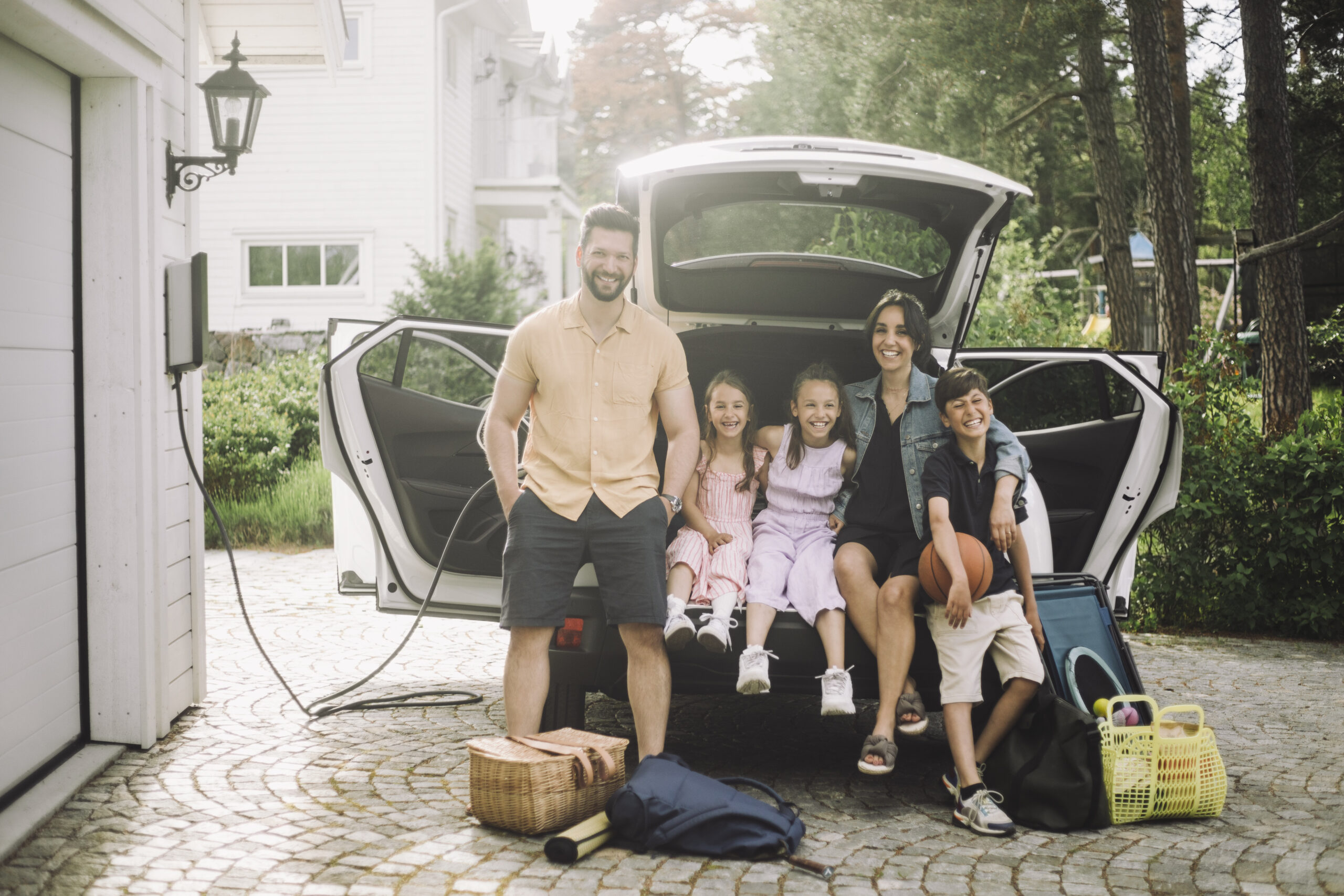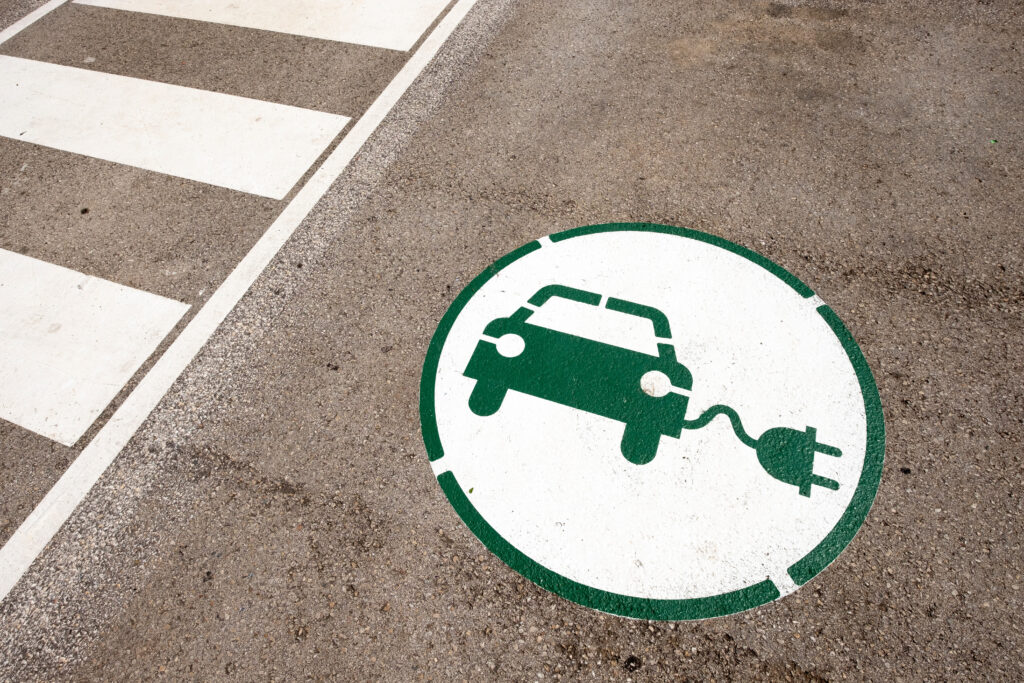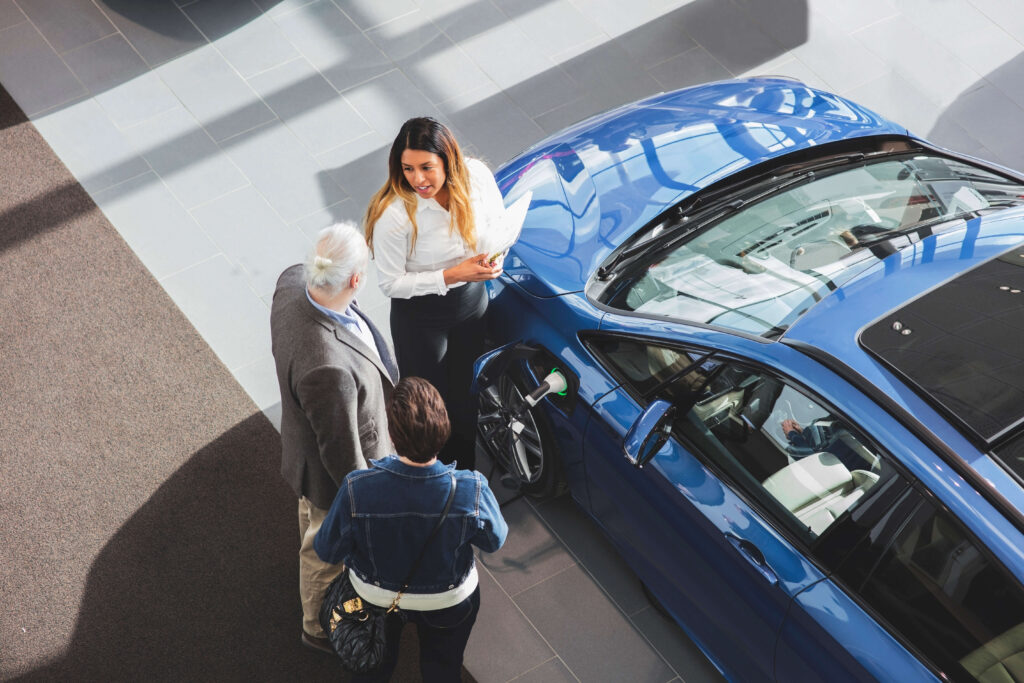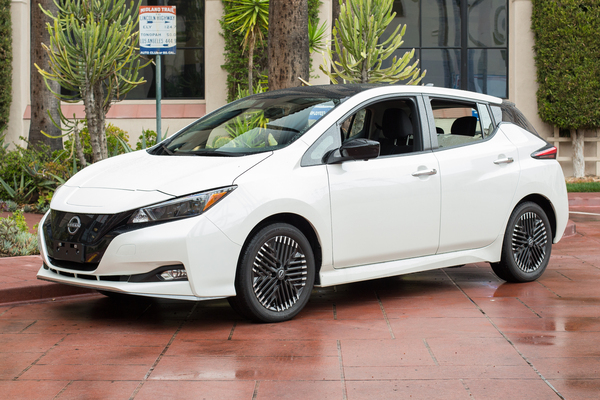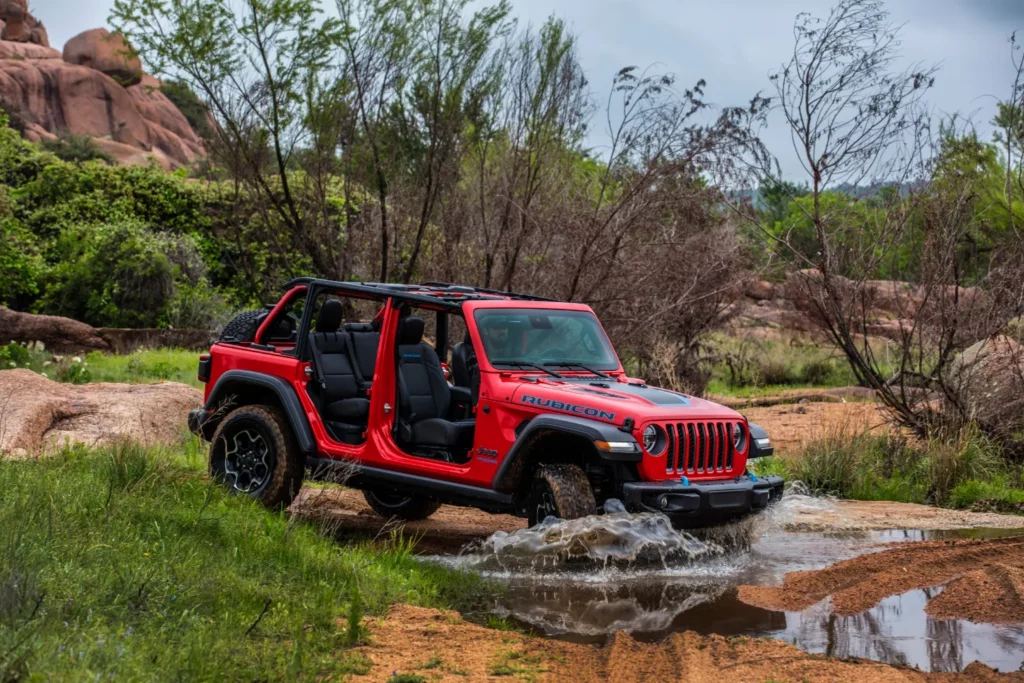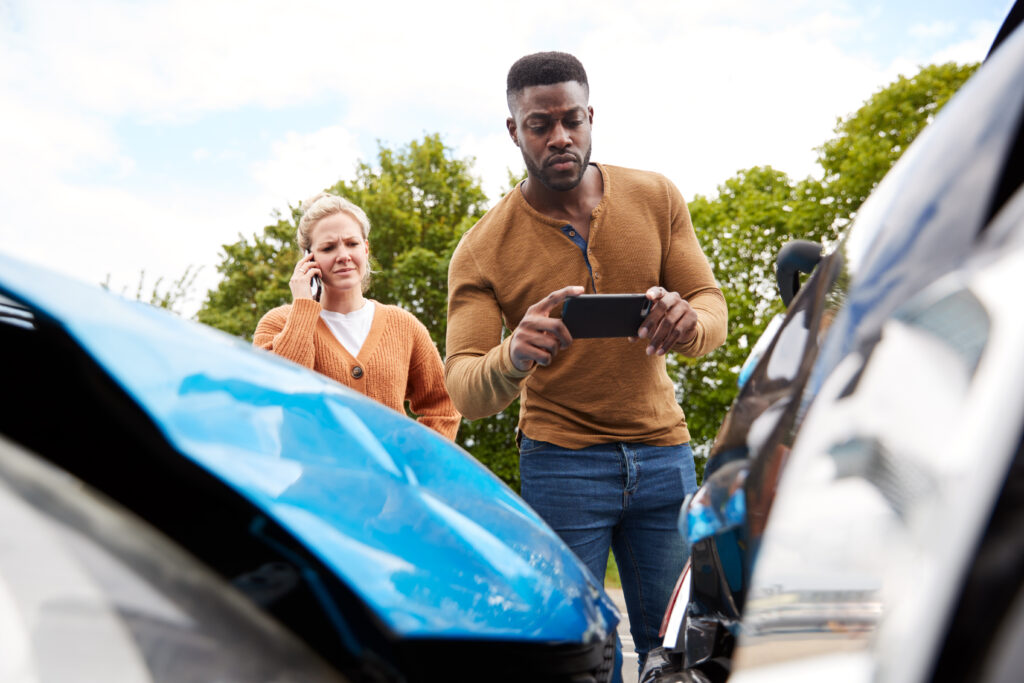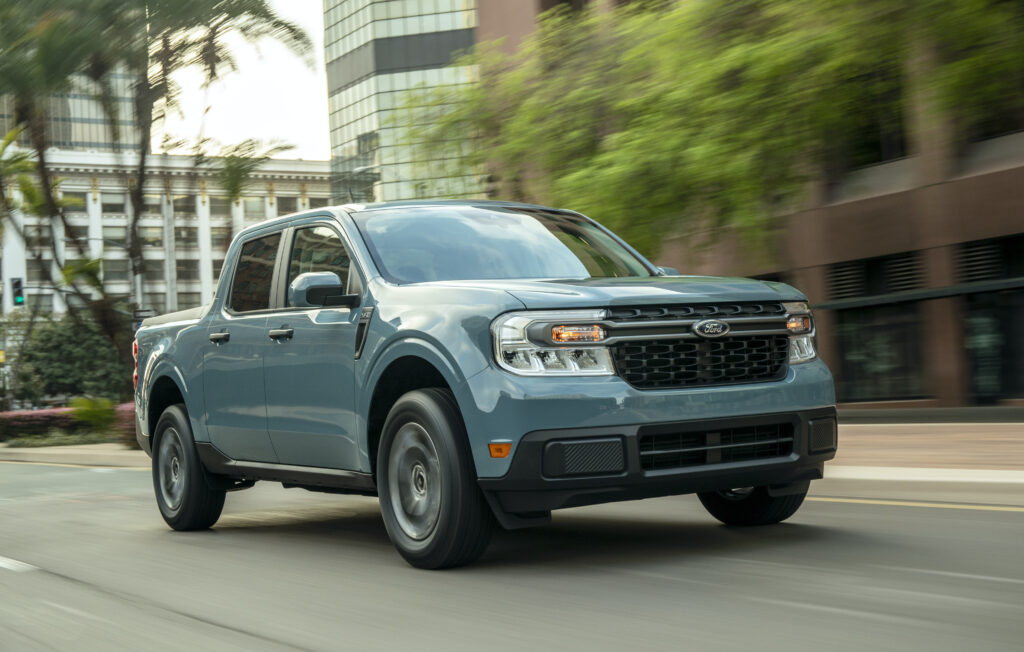
Not long ago, electric vehicles seemed poised to take their place in the U.S. mainstream. Just as the Ford Model T slowly pushed aside the horse and buggy, EVs were expected to shove internal combustion engine cars to the road shoulders on the journey to a greener planet.
The tax incentives are there, as is data showing how EVs help lower greenhouse gases, are cheaper to own in the long term than gas cars and are more efficient.
Bad News with Mixed Signals
But in the past year, sentiment has shifted, particularly in the U.S., and some EV automakers are struggling. EV startup Fisker declared bankruptcy in June, and Tesla has cut back on production of its electric pickup truck and has excess inventory.
Used EVs are piling up on lots, fewer people are leasing EVs and General Motors is even considering shifting its focus from EVs to plug-in hybrids.
In June, McKinsey & Company’s 2024 Mobility Consumer Global Survey indicated that almost half of EV drivers want to switch back to gas cars. Even more unsettling for EV advocates is that 63% of respondents in AAA’s annual EV consumer survey said they were “unlikely or very unlikely” to select an EV for their next car purchase.
At the same time, consumers are flashing mixed signals. U.S. sales of EVs grew by 11.3% from the second quarter last year, according to Cox Automotive. Increased availability, significant discounts and preference for leasing were cited among the reasons. EV sales are up, just not as up as EV advocates had hoped.
And interest in hybrid electric vehicles (HEVs) and plug-in hybrid electric vehicles (PHEVs) is on the rise, according to the AAA survey. More consumers indicated they would consider purchasing a hybrid vehicle, with 1 in 3 U.S. adults (31%) saying they would be “very likely” or “likely” to buy a hybrid.
Hybrid vehicles allow people to enjoy the benefits of electrification, such as decreased gasoline costs, without anxiety about disrupting their lifestyles or travel plans, because they can drive longer distances and are not as dependent on charging stations. Both HEVs and PHEVs have gas engines, electric motors and lithium batteries, but HEVs do not require an external charging source.
Thinking of buying an EV or hybrid? Get to know our EV resources.
So, what all this means is that the EV market may not be crashing; it’s stalling. Consumers are putting on the brakes before driving down the EV highway or looking to slowly merge in with hybrids rather than EVs.
And the Environmental Protection Agency may postpone requirements for automakers to sell more EVs and possibly rethink its timeline for the country to abandon gas-powered vehicles.
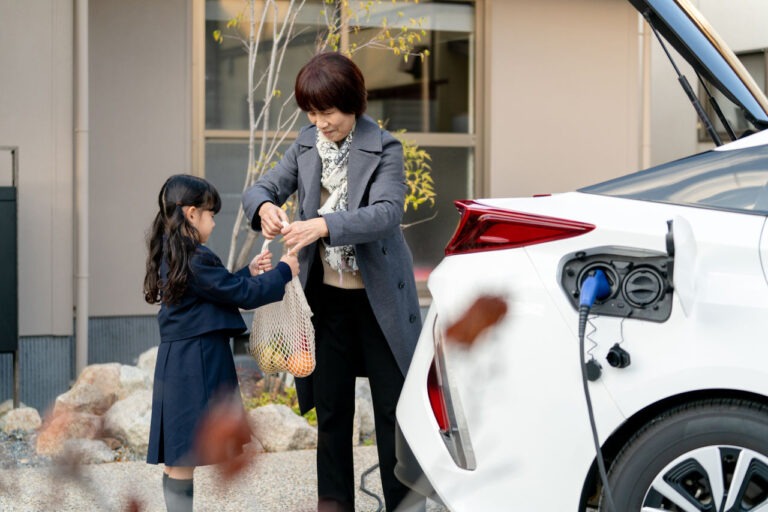
Don't Push the Panic Button
The corporate woes are not unusual; companies often struggle when industries are just starting up, said John Paul, AAA’s Car Doctor and senior manager for traffic safety at AAA Northeast.
“If you look back at the early days of the automobile, most companies failed,” said Paul. “Today, with tech companies entering the market, they don’t know their customers as well as traditional car companies.”
The survey results were not surprising, according to Alec Slatky, managing director for public and government affairs at AAA Northeast. “A lot of the enthusiasts and early adopters already have EVs,” he said. “Getting a big chunk of the mass market interested was always going to be a challenge.”
After the first wave of EV buyers, came the middle-of-the-road and middle-class buyers, added Paul, and costs and economic uncertainty may be holding back more of them now.
“Electric cars are expensive, and the technology is changing rapidly, which could scare off some buyers,” Paul said. “Leasing is a better option for an EV as of now, since you don’t know where the future is and what the new models will be like and how your EV may depreciate.”
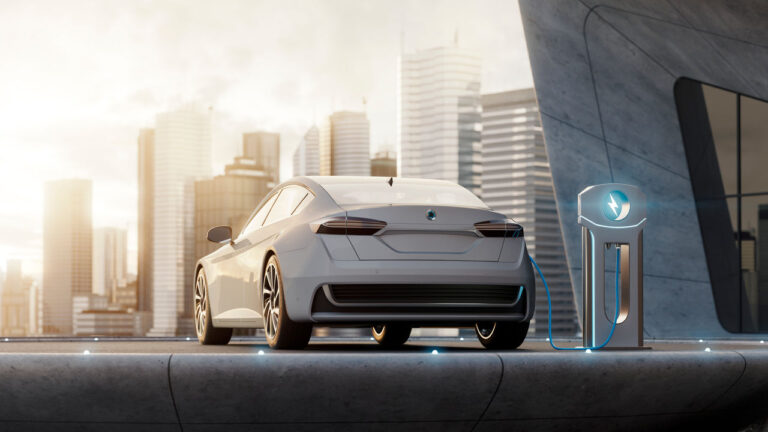
Collaboration and Infrastructure Could Increase Interest
AAA’s Recommendation: Whether you own an electric vehicle or a gas-powered car is up to you – and you should consider lots of factors in making that choice. No matter what type of vehicle you’re choosing, we recommend visiting a dealership, test driving one, and asking as many questions as possible to make an informed decision.
